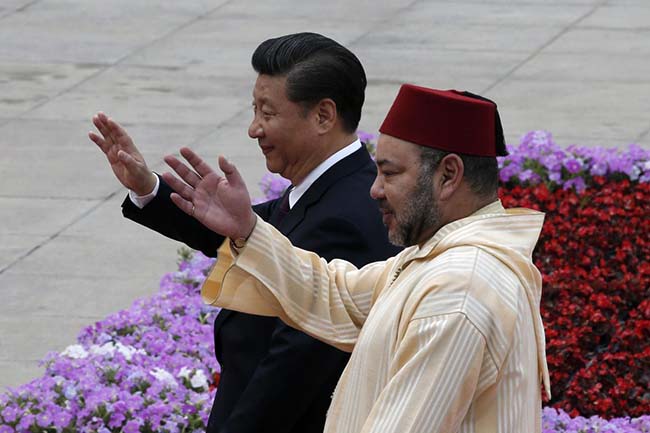Volkswagen Group posted a sharp rise in both profits and turnover for the first quarter, leaving behind the effects of the coronavirus pandemic, in figures published on Thursday.
But Germany's largest vehicle maker highlighted continuing problems with the supply of the chips – integrated semiconductor circuits – essential for its vehicles.
The group as a whole posted profits of 3.4 billion euros (4.1 billion dollars) for the January-to-March period, almost seven times the figure for the same period last year, when production was severely impaired by an industry shutdown.
Turnover for the quarter rose 13 per cent on the year to 62.4 billion euros. Global deliveries rose more than 20 per cent to 2.4 million vehicles.
Chief financial officer Arno Antlitz termed the rises a "strong performance," but highlighted the chip supply problem. "Shortages of semiconductors across the entire sector will probably have more evident effects in the second quarter than to date," he predicted.
Chief executive Herbert Diess expressed confidence that the recovery from the pandemic would continue. "We have started the year with a great deal of momentum. A lot is still expected of us in the rest of the year," he said.
VW raised its expectations for the months ahead. Progress in containing the pandemic would lead to a rise in annual turnover well above last year's figure with profit margin of between 5.5 and 7 per cent of turnover, the group predicted.
Operating profits before interest and taxes came in at 4.8 billion euros on the back of a recovery in demand in an increasing number of countries, taking the group back to pre-crisis levels.
Sales of both electric and hybrid vehicles rose strongly in China, VW's biggest market.
Stabilization was evident across the group's many brands. The core VW car unit almost doubled profits to 900 million euros. At Audi, operating profits rose to 1.4 billion euros after the upmarket brand did little better than break even at the start of 2020.
Porsche booked profits of more than 1.2 billion euros, more than double the figure a year ago. But VW's Spanish brand Seat and MAN trucks remained loss-making.
A major factor in the improved overall figures was rising demand for the more expensive and more profitable models. Another factor was changed valuations for raw materials.
Cost-cutting in human resources and administration also played a role, with restructuring expenses put at 400 million euros.
While the total staff complement was stable by comparison with last year, the group plans further reductions at its core brand through cutting jobs, early retirement and part-time working for older employees.
Profits attributable to shareholders came in at more than 3.24 billion euros.






